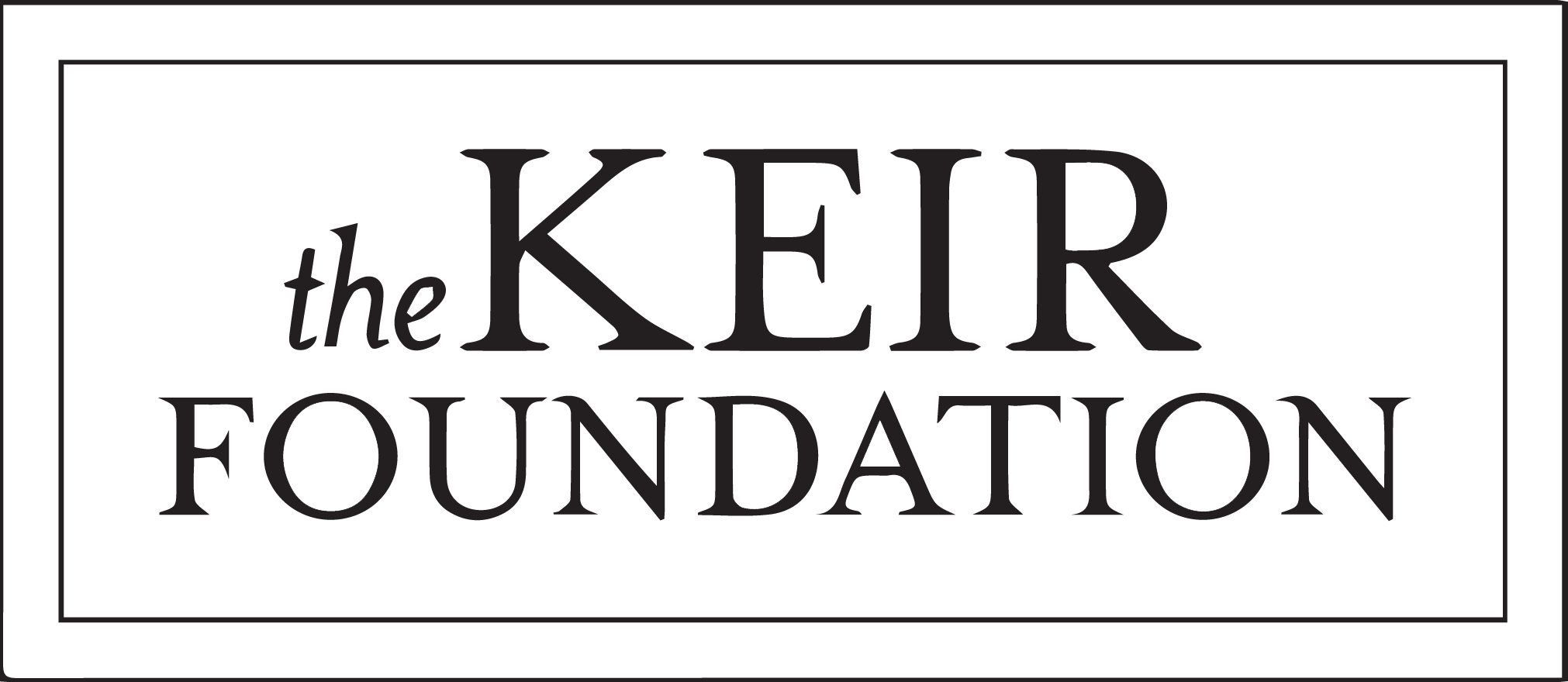Net Positive: What does a better art institution look like?
Online Lecture Series
Net Positive: What does a better art institution look like? is a lecture series asking exciting art-world thinkers to assess the value of ‘the art institution’: its opportunities, its limits, and to ask if it is a system that can be exploited for the good of all. Can the institution be made to work better, for more people—or do we need some other structure in its place?
Presented online, Net Positive asks speakers to propose alternative visions for art institutions that more closely reflect the publics they are designed to serve.
Saturday 26 March, 2pm | Clothilde Bullen [WATCH], Alia Swastika [WATCH]
Saturday 30 April, 11am | Laura Raicovich [WATCH], Gendai [WATCH]
Thursday 26 May, 2pm | Sins Invalid [WATCH], The White Pube [WATCH]
Thursday 23 June, 2pm | Decolonial Hacker, Julie’s Bicycle
Each event date will feature two 30–40 minute pre-recorded presentations, followed by a live Q&A with questions taken from the chat. Each event date will last for approximately two-hours, with a short break between speakers. This is an online event that will be delivered via zoom.
-
Clothilde Bullen is a Wardandi (Nyoongar) and Badimaya (Yamatji) Aboriginal curator and Curator| Head of Indigenous Programs at the Art Gallery of Western Australia. Clothilde was previously the Senior Curator, Aboriginal and Torres Strait Islander Collections and Exhibitions at the Museum of Contemporary Art, Australia in Sydney. Clothilde was one of 5 artist-curator teams selected as finalists to curate the Australian Pavilion for the Venice Biennale in 2018. She is co-Chair of Indigenous Voices, a program initiated by Clothilde and Art Monthly Australasia to develop a cohort of Aboriginal critical arts writers. Clothilde is also on the Board of the International Association of Art Critics (Australia) and is currently the Chair of the Board of the National Association for the Visual Arts (NAVA).
Alia Swastika is the director of the Jogja Biennale Foundation in Yogyakarta, Indonesia. Prior to that she has worked as Program Director for Ark Galerie, Yogyakarta, Indonesia from 2008 and is actively involved as a curator, project manager and writer on a number of international exhibitions. With Suman Gopinath, she was the co-curator of the Jogja Biennale XI, Shadow Lines: Indonesia Meets India (2011), and was one of the co-artistic directors for the Gwangju Biennale IX (2012): Shadow Lines. She had published her writings in many books and publications, including her research on women artists in Indonesia during New Order.
Laura Raicovich is a New York-based writer and curator whose book, Culture Strike: Art and Museums in an Age of Protest was published in June 2021 by Verso Books. She recently served as Interim Director of the Leslie Lohman Museum of Art; was a Rockefeller Foundation Fellow at the Bellagio Center; and was awarded the inaugural Emily H. Tremaine Journalism Fellowship for Curators at Hyperallergic. While Director of the Queens Museum from 2015 to 2018, Raicovich co-curated Mel Chin: All Over the Place (2018), a multi-borough survey of the artist’s work. She lectures internationally and in 2019-20 co-curated a seminar series titled Freedom of Speech: A Curriculum for Studies into Darkness at the New School’s Vera List Center for Art and Politics, from which she is co-editing an anthology of writings on the subject. She also is the author of At the Lightning Field (CHP 2017) and co-editor of Assuming Boycott: Resistance, Agency, and Cultural Production (OR 2017).
As the new stewards of Gendai, Marsya Maharani and Petrina Ng came in 2020 to build upon the organization’s legacy of decentering whiteness by investing in the future of BIPOC arts leadership. Gendai has two recurring projects: Gendai MA MBA and Gendai CO-OP. Gendai MA MBA (Mastering the Art of Misguided Business Administration) is a think tank and workshop series for art collectives to improve capacity-building skills in a co-learning environment. Addressing sector-wide challenges of precarity and isolation, this project creates a network for collectives to resource-share, co-learn, collaborate, and improve workplace sustainability. Gendai CO-OP is a peer-led accountability program for arts institutions invested in improving racial equity sector-wide.
With research interests expanding from issues of decolonisation, collective values, working conditions, alternative governance, and radical allyship, Petrina and Marsya are informed by their roles and responsibilities as racialised settlers and uninvited guests working and learning on Turtle Island. Gendai’s work also builds upon the labour of many collaborators, dreamers, allies, and activists.
Nomy Lamm is the Creative Director of Sins Invalid, a disability justice based performance project. They are also a musician, illustrator, voice teacher, creative coach, and Kohenet/Hebrew Priestess. Nomy sings cosmic power ballads for the rise of the matriarchy in a band called The Beauty, and lives in Olympia, WA on occupied Squaxin / Nisqually / Chehalis land with their partner Lisa and their animal companions Dandelion, Momma, Calendula, and Chanukah
The White Pube is the collaborative identity of Gabrielle de la Puente and Zarina Muhammad under which they publish reviews and essays about art, video games, and food. You can find them at thewhitepube.com or on twitter and instagram at @thewhitepube.
Eugene Yiu Nam Cheung is a writer based in Berlin. He is the founding editor of Decolonial Hacker and currently part of the public programs team at documenta fifteen, on sabbatical from his role as curatorial assistant at the Julia Stoschek Collection. He holds degrees in art history, gender studies and law from the University of Sydney. In 2021, Eugene won the International Award for Art Criticism (IAAC).
Farah Ahmed is the Climate Justice Lead and Events Coordinator at Julie’s Bicycle. She supports the delivery of events and the Creative Climate Justice programme, developing resources, training and advocacy, connecting environmental, racial and social justice, and creative activism. Her interest lies in how art can centre stories and solutions from the frontlines of climate impacts, and how we can imagine and enact decolonial and anti-capitalist ways of being.



